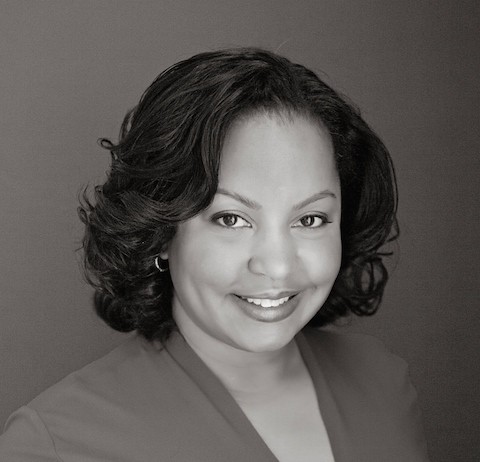Brittni is an American hero. She’s also a convicted felon.
The Southaven resident signed up to serve on a unit in Iraq in 2005, when she was still a teenager. But the war took its toll on the young woman, and she began using drugs, which eventually led to her being arrested for selling pot and cocaine.
“Before I went over there, I didn’t smoke, didn’t drink, didn’t even look sideways. But I ended up smoking and drinking and doing a total 180 from who I really was. I lost myself in that process,” said Brittni. “When I got home, I tried to re-gain that, but I just could not grasp it.”

Brittni
She was kicked out of the military in 2009 after she failed a drug test. The military promised veterans’ skills would lead to jobs, but Brittni was trained as a truck driver in Iraq, and truck driving employers back home wouldn’t hire anyone under 25. Unable to find a job, Brittni went to school and continued partying and using drugs.
“I got addicted. I did every drug there was and didn’t get stuck on anything until I got stuck on coke. That’s when I committed my crimes, when I was on cocaine,” Brittni said. (The Flyer is only using first names in this story to protect anonymity.)
Brittni was caught selling two ounces of marijuana on the campus of North Mississippi Community College. Later, she was busted selling an eight-ball of cocaine at a Danver’s in Southaven. She was indicted in early 2010.
“I didn’t know I was caught until some months later. They wore a wire, and eventually, they decided to indict me,” she said.
Brittni was facing five years in prison, but after serving three months in jail, she convinced the DeSoto County district attorney to allow her to attend DeSoto County’s drug court instead. She was sentenced to three to five years in drug court, two years of house arrest, and 10 years of unsupervised probation.
“I told them, ‘If you send me to prison, I’m just going to get high every day I’m in there. There are more drugs in the prison system than on the streets.’ I said, ‘If I go to prison, I’ll just come out a better criminal.’ A couple months later, they told me I was getting into drug court.”
Today, Brittni is clean and sober and nearly finished with her drug court program. She graduates in October, and she says she wouldn’t have gotten sober without it. But despite her sobriety, she now has a felony conviction on her record that continues to hold her back.
“The hardest thing about being a convicted felon is finding a job. The economy isn’t bad, but you have so many people out there without a felony record who need jobs, and they will get picked over you every time,” Brittni said. She’s been turned down for job after job, and her dreams of working in law enforcement are likely squashed for good. It’s an issue faced by so many Mid-Southerners with felony convictions. They’ve done their time and yet they remain held back by their past actions.
Cycle of Disenfranchisement
Expungement of felony convictions, which varies from state to state, is rare and only allowed in select cases.
“When you make a person a felon for life, you’re making the criminal justice system not about reform. It’s about punishment, and how can we punish people forever? We all end up paying in the end,” said Brad Watkins, executive director of the Mid-South Peace & Justice Center (MSPJC).
There is a little hope though. Programs like drug court, both in DeSoto County and Shelby County, can help people move past their addictions. And Memphis and Shelby County has a newly formed Office of Offender Re-entry to help felons with job training, job placement, and life skills.
Additionally, a new Tennessee law can help some felons in this state gain employability certificates, which prevents employers from discriminating against those with felony records.
Through his years of working in various social justice movements, Watkins has become all too familiar with the negative cycle that felons face. Since he took over as director at MSPJC, he’s made helping break the cycle of felony disenfranchisement a priority.
The center has partnered with Memphis Area Legal Services, the Memphis Bar Association, and the Shelby County Public Defender’s Office to help felons restore their rights. The organizations co-sponsor a free legal clinic on the second Saturday of each month at the Benjamin L. Hooks Central Library, and there, felons can chat with attorneys about their options for expungement or limited restoration of rights. The next clinic will be held on Saturday, June 13th from 9:30 a.m. to 12:30 p.m.
“We’ve made felons non-citizens. We’ve taken away their ability to earn a living and to do normal things that we expect everyone to do. We’ve even removed their ability to engage in the political process to change that,” Watkins said. “So let’s not mince words — we’re creating a slave culture with people who are now willing to work for whatever wage someone will provide just so they can have a job. It destroys families. It destroys lives, and it leads people back into a life of crime.”
Watkins likes to share a story about a formerly homeless man he’s worked with through the center’s Homeless Organizing for Power and Equality (HOPE) group. The man has a felony record, and after unsuccessful attempts to find a job that would support his family, he turned back to selling drugs.
“He says he’d love to be legit, but he can’t afford to be legit. His daughter is pregnant, and he can’t afford not to sell drugs. That’s a reality. People think some guy selling drugs is Scarface, but this guy is living hand to mouth,” Watkins said. “What am I going to tell him? Don’t deal drugs? Don’t feed your children? It’s ridiculous. We have to throw away these simplistic notions of right and wrong and look at the reality of their daily lives.”
Besides the cycle’s affect on the individual, Josh Spickler with the Public Defender’s Office says there’s a fiscal effect on all citizens.
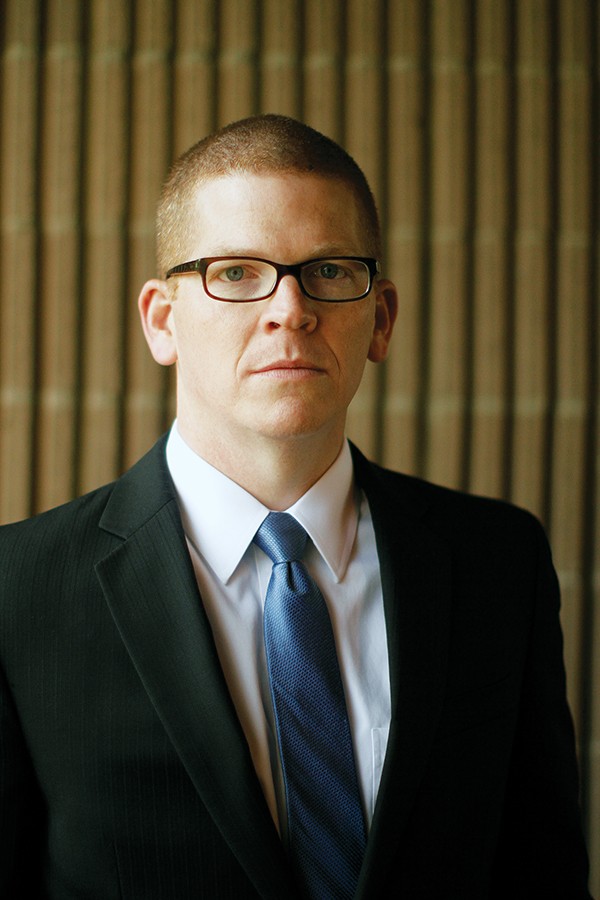
Josh Spickler
“We continue to exclude people from the mainstream economy, and we’re kidding ourselves if we think it doesn’t affect the rest of us,” said Spickler, the director of the office’s Defenders Resource Network. “People are tempted to earn money in an unlawful way or underground way without paying taxes. Not only does this take a human toll because there’s no dignity in having to live like that, fiscally, the city and county could use a broader tax base.” Though the lack of employment options is likely the biggest issue felons face, there are other issues, too. Some apartment companies won’t lease to convicted felons.
June, who lives in Olive Branch, has 15 charges on her record, mostly obtained in her 20s and 30s for writing bad checks to feed her drug addiction. She’s clean now, but her felony past still haunts her. Not only has she struggled to find work, she’s also faced housing discrimination.
“When I first moved here, I found an apartment. But when I moved out, I tried to get into other apartments and ran into problems. My daughter had to apply for me,” June said.
Mississippi’s voting laws are more lax for felons, and June can vote there. But she lived in Tennessee for awhile too, and she was unable to vote. In Tennessee, most people (except those charged with a handful of serious offenses) convicted of a felony after 1981 can reapply for the right to vote after their time is served, but most rarely do.
“[That] plays a huge role as far as elections go here,” Watkins said. “We have a large number of people who can no longer vote, and those people are predominantly black. Even though Memphis is 68 percent black, that doesn’t translate to electoral outcomes.
“We did a little research on certain districts and precincts, and we didn’t see a lot of black male voters,” Watkins continued. “We compared that to incarceration rates in those areas, and they matched up to voter turnout. We don’t have a representative government.”
And then there’s just the stigma of having that conviction on your record. Brittni says being a felon certainly puts a damper on finding a partner.
“I’ve been trying the whole dating thing, and that’s tough,” Brittni said. “Do you tell a person that you’re a convicted felon right off the bat? And how offended will they be if you tell them?”
June says even getting pulled over for minor driving offenses can be a hassle. “We got pulled over coming back from Texas, and when they ran my ID, they saw everything,” June said. “That puts a different spin on how they treat you. They think you’re up to no good.”
Glimmer of Hope
Brittni is living proof that drug court programs, which offer an alterative to serving time on drug charges, can help felons with addictions get clean and back on track through rehabilitation, counseling, and frequent drug testing. And those with other issues have new avenues in place to help with job training and placement and restoration of a few basic civil rights.
In 2012, the Memphis and Shelby County Office of Offender Re-entry was established as part of the Memphis Shelby Crime Commission’s Operation Safe Community initiative. They help felons with case management, job training, and other issues to prevent recidivism.
It’s been operating in a limited capacity out of a small space on Madison for awhile, but this month, the re-entry office moved into a bigger facility at 1362 Mississippi Boulevard. The new space allows them to house multiple offender services — probation and parole, employment, housing, education, substance abuse, and more —in one place. The facility is the first of its kind in the state.
Phyllis Fickling is the executive director, and she says her office makes re-entry easier by bringing together a range of services.
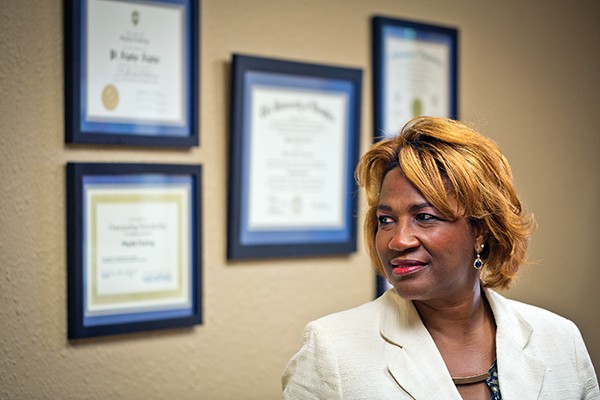
Phyllis Fickling
“There are a lot of groups working on re-entry, but we’ve found that it’s very fragmented and disjointed,” Fickling said. “If it’s fragmented for us as providers, imagine what it’s like for the person who needs it. We put all those services under one roof and make that delivery streamlined.”
The office accepts anyone from Shelby County with a felony record, whether they just got out of prison or have been out for years. Clients are often referred, but walk-ins are welcome. Clients are assessed for needs, and the office pairs them with the correct services. If they need work clothes, a partner agency will go shopping for them. If they need job training, there’s a program for that. They even place felons into jobs.
“If they don’t go back to prison, we’ve got safer neighborhoods. We’ve got a person who is back with their family and enjoying the same things we all enjoy,” Fickling said. “We help them to become a productive citizen, and that helps the economy all around.”
Meanwhile, the Shelby County Public Defenders Office is pushing a new employability certificate that’s available in Tennessee, thanks to a new state law.
It’s a piece of paper, signed by a judge, that felons can present to potential employers to show that a court has recognized the fact that they’ve turned their lives around.
The certificate gives protection to the potential employee, making it illegal for them to be automatically denied employment based on their felony record. Additionally, it protects employers from negligent hiring liability lawsuits.
“It’s a new law that passed last summer. Before that, nothing like this existed. And if somebody with a record went for a job interview, they could be automatically denied on the basis of their record,” said Assistant Public Defender Chris Martin.
It’s so new that, so far, only four people in Shelby County have received such certificates. One of those is Kenneth, a 47-year-old Memphian with multiple felony convictions who learned about the new law at an Alcoholics Anonymous meeting before the law was even passed. He attended one of the Saturday legal clinics and presented a copy of the draft bill to Martin, who assured him they would try to file a petition for him as soon as the law was enacted.
In April, Kenneth and three others went before a judge and were granted a restoration of some rights as well as the employability certificates.
“We looked into their records, and if you have multiple convictions in Tennessee, you’re not eligible for expungement,” Martin said. “They couldn’t get their records cleared, but they could petition in civil court to have their voting rights restored, to get their right to serve as a legal guardian, to serve on a jury, and to administer an estate.”
And thanks to the new law, they could also tack on a petition for an employability certificate.
The certificate is a reprieve for Kenneth, who has been stuck in the cycle of disenfranchisement for years. His mother died when he was 12, and his father was an alcoholic. His housing situation wasn’t stable after his mother’s death. Hardships early in life led him to fall in with “the wrong crowd” when he was in the tenth grade.
At 19, he was selling drugs, and, in 1990, he sold to an undercover officer. He was convicted with a felony charge and put on three years probation.
“That first conviction started a cycle. I was losing hope because it’s hard to get a job. Everybody does background checks, even temporary agencies,” Kenneth said.
Kenneth got hooked in a cycle of addiction, and for the next 16 years, he racked up an impressive rap sheet, with 15 misdemeanors and five felonies, from fraudulent use of a credit card to theft to aggravated robbery.
He spent time in prison and managed to get clean off and on. He even started his own landscaping business in 2010 and studied auto mechanics at Southwest Tennessee Community College in 2011. But ultimately, he fell back into selling drugs to make ends meet, which led to him using drugs again in 2012.
“I went into treatment for six months at the Cocaine and Alcohol Awareness Program, and now I’m addressing my addiction. I’ve been to treatment five or six times, but I finally realized I can’t do this by myself,” Kenneth said.
Kenneth has been clean since December 3rd, 2012, and he’s held various odd jobs — a dishwasher at a country club, unloading trucks at a warehouse, etc. — working for anyone who would hire him.
“I was working for a temp service for a whole year, and everybody else there got hired. But they never hired me because of my background,” he said. “I applied to Walmart in Southaven, and a man shook my hand and said, ‘Congratulations,’ and I thought I had the job. But they never called me back about when to start.”
He even got his commercial drivers license in February, but Kenneth has yet to find to work to put it to use. Since he received his certificate, Kenneth has applied for several positions. He had hoped to take a job as a city sanitation worker, but even with his new certificate, he wasn’t hired. But he’s holding out hope for several other jobs.
Success Story
At least one of the four from Shelby County who earned employability certificates found almost immediate success. Rhonda, a 31-year-old mother of three from Memphis, got her felony charge after a single act of passion in 2006, when she was convicted of aggravated assault for stabbing her sister’s abusive boyfriend in the abdomen.
On New Years Day in 2005, Rhonda and her sister went to a New Years Eve party at a casino in Tunica. When they returned to her sister’s house, her sister’s boyfriend was angry and began hitting her sister. Rhonda tried to intervene, and the man hit Rhonda in the face and kicked her in the head and stomach. She was pregnant.

Rhonda
Fast forward to 2006: Rhonda’s sister was babysitting her kids, and Rhonda and her brother drove to their sister’s house to pick them up. While Rhonda and her sister were talking in another room, they heard their brother and the boyfriend get into a physical fight.
“We ran into the living room, where they were, and we see them fumbling and wrestling. We tried to break it up and told them to calm down,” Rhonda recounts, with a painful expression. “He mugged me in my face. He’s always trying to fight somebody — my sister, my brother, now me.
“What I did next is something I still regret. He didn’t ask me to do it. He didn’t say, come on, get this felony on your record,” Rhonda said. “I went to the kitchen drawer and grabbed a large knife. He ran. I ran after him. My brother didn’t see what I did, and he ran after him. They were still having words.”
Her brother chased the man down and had him on the ground when Rhonda caught up. The man begged Rhonda not to stab him.
“I was mad. I couldn’t believe what type of person he was, to do this to me or my sister. I stabbed him near his spleen, once or twice,” Rhonda said.
The man survived his injuries, and a couple months went by before a sheriff’s deputy came to her door with a warrant for her arrest. She was booked into jail but never served time. Yet she was still charged with a felony, and it’s haunted her ever since.
She went to school for medical assistant training at Remington College while she dealt with her legal problems. But because of her record, she could only get fast-food jobs.

“I applied for jobs at ACE Hardware, Family Dollar, even Mapco,” Rhonda said. “They wouldn’t hire me. I got through the door at Roses [department store] and worked there for two weeks before they let me go because of a background check.”
When she learned about the employability certificates, she jumped at the chance. “I was so excited because I knew this would be a big step for me and it could make a difference in my life,” Rhonda said.
And a big step it was. Just a couple weeks ago, Rhonda was hired as an office assistant in a phlebotomist’s office. Rhonda started her new job on June 3rd, the day before her 31st birthday.
“I was really nervous before my job interview. I kept calling Mr. Martin. This was a big deal job,” Rhonda said.
She proudly carried her new employability certificate into the interview. The employer was impressed but said she didn’t mind Rhonda’s felony. Still yet, Rhonda said the certificate gave her the confidence to carry through with the interview.
“[The employer] said she didn’t discriminate against people who were trying to better themselves. She said, how can you move forward if people are stuck on the past?” Rhonda recalls.
Martin says his office already has another four people lined up for certificates, and they plan to try to file a new round of petitions for employability certificates every three months.
Watkins urges those interested in learning more about employability certificates or basic restoration of rights to attend the free Saturday legal clinic at the Central Library on Saturday, June 13rd.
“There are people who think nothing can be done for them, and they’ve given up hope,” Watkins said. “But every case is unique, so you never know what options are available to you.”


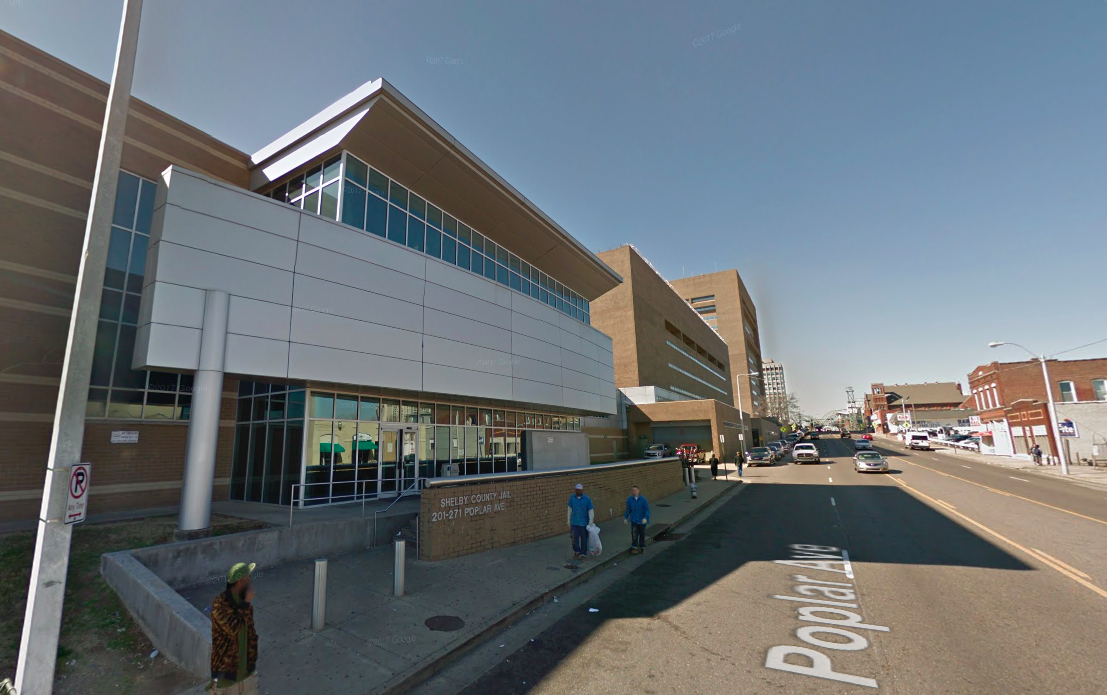 Google Maps
Google Maps  Shelby County Sheriff’s Office
Shelby County Sheriff’s Office  Shelby County Sheriff’s Office
Shelby County Sheriff’s Office 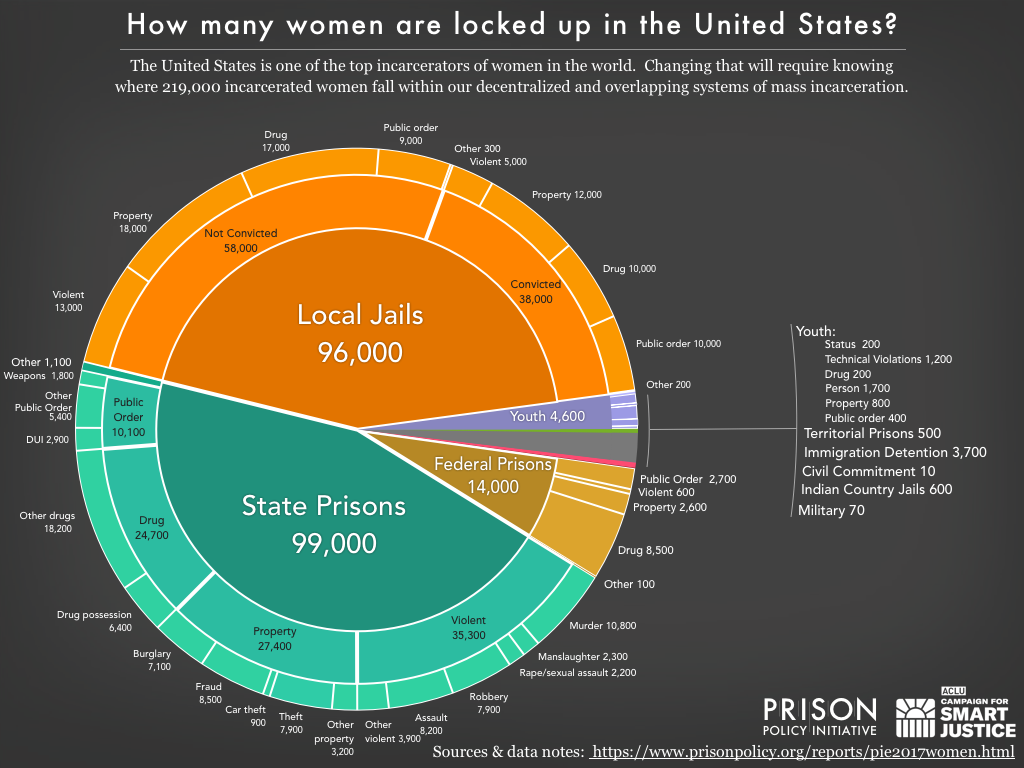 Prison Policy Initiative
Prison Policy Initiative 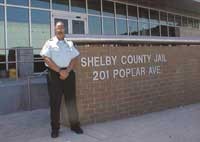 Shelby County Sheriff’s Office
Shelby County Sheriff’s Office 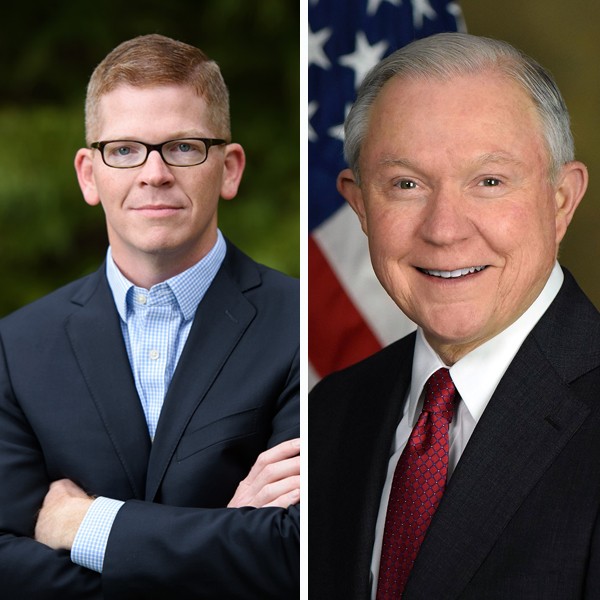
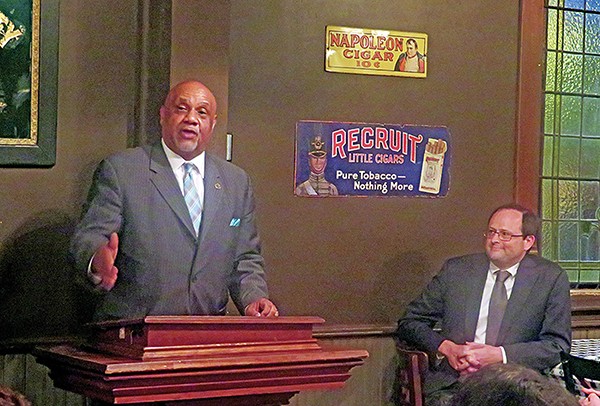 Jackson Baker
Jackson Baker 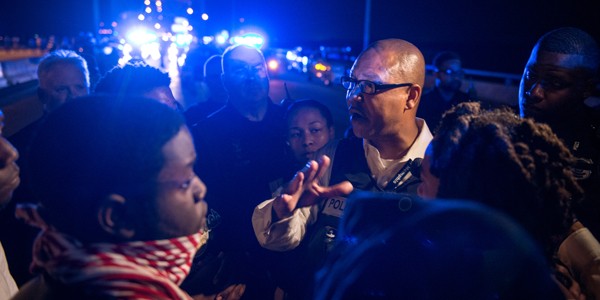 Brandon Dill
Brandon Dill 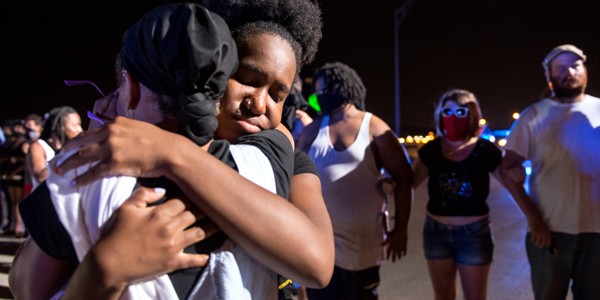 Brandon Dill
Brandon Dill 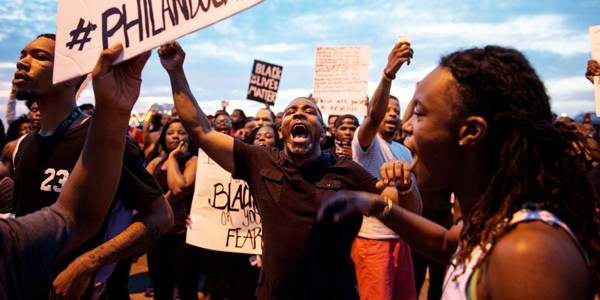 Brandon Dill
Brandon Dill 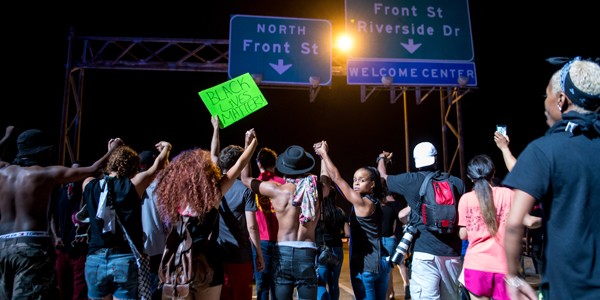 Brandon Dill
Brandon Dill 